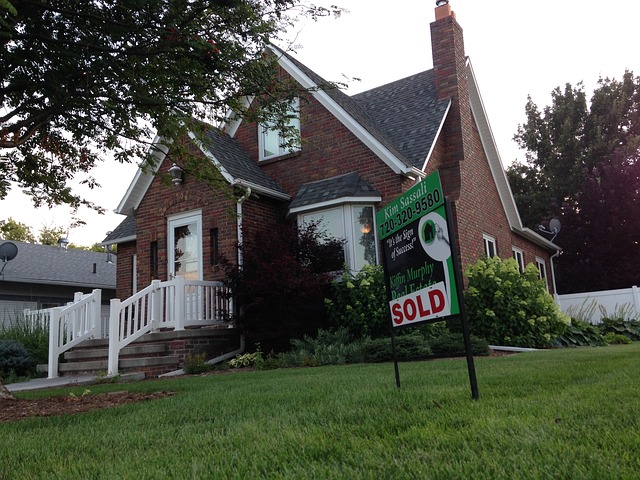Whether it’s time to downsize or upsize, for better or worse, you’re finally selling the house. As if this time of your life isn’t stressful enough already, you have to deal with the reality that is selling your house on the open market.
Selling your house can be like a dream in a hot market, but even if that’s the case, there can be serious problems associated with trying to sell your house.
One of the biggest things that often come up when going down your selling house checklist is the undeniable fact that some problems will come up that you did not anticipate. What you need to do, at the risk of sounding corny, is to anticipate the unanticipated.
Getting rid of a home is always a major milestone, whether it was your childhood home or your winter home. The process can be complex when you tally up that checklist of yours and discover that between making repairs, prepping for listing, and everything else, you might feel a little bit overwhelmed when you think about it all.
But do not fear, because here you can find the 4 common things people miss on their selling house checklist!
Selling House Checklist: Things You Might Miss
The consequences of making a mistake in the home selling process can be dire, impacting you financially and emotionally.
Here are some of the common mistakes and misconceptions made when selling your home:
1. The Cost Of Selling A Home Can Be High
Did you know that most of the time, a home agent will take between five and seven percent of your final selling price? That can add up rather quick for someone to do all the things you’re already doing.
Even if you aren’t, there are plenty of other ways to help sell your home besides the traditional realtor route.
Apart from this, you can also expect to incur closing costs, any mandatory repairs you have to make prior to the sale, and any price reductions are given to the buyer, the cost of selling your home can top 10% of your selling price.
Also, if you happen to move into a new home prior to selling yours, you may be on the hook for two mortgages, two insurance policies, two tax bills…well, you get the picture. The point is that there are all kinds of little costs and big costs that will relentlessly eat into your eventual proceeds.
2. Asking A Price For Your Home Out Of Line With Reality
We all like to think our home is special, our home is the best and most valuable thing on planet Earth. The truth of the matter is, while you may think that is true, to others, it’s only worth what the market says it’s worth at any given time.
The point is that the price you want, and the price you’ll receive can often be two very different things.
Fair Market Value
You may or may not have heard of a term called fair market value. Essentially, the fair market value for any home is the price that you would receive in a situation where all other factors are equal. With that said, most of us know this often isn’t the way things go in the real world.
There are factors at play such as whether the seller is under pressure to get rid of the home fast, as well as on things like the general economic conditions when you put your home up for sale. The price of your home in normal times vs. during a housing crisis will vary greatly.
As the seller, if possible, try to sell when the market is right, you aren’t under any kind of time crunch, and are not desperate for the funds in short order.
So now, all of this raises the question, what do you do if you don’t know the value of your home? There’s an answer for that.
You can often figure out how much your home is worth by comparing it to homes with similar sizes and amenities as yours in the area. These are what are known as comparable sales. However, be careful with comparables, as sometimes they can grossly mislead you in determining the price of your house.
3. Failing To Make Repairs
When a home has a mile-long laundry list of repairs and maintenance issues, buyers can be turned off by the prospect of having to fix up something they have to pay so much money for.
This is because people expect something nice when the price is high, even if you think you’re offering a deal to compensate for the lack of repairs.
Buyers expect the home they buy to match the way you describe it in your advertising. So, when you say the house is absolutely gorgeous and beautiful in one line, and then list a dozen major repairs needed in the next, people will understandably feel that you’re being somewhat contradictory and disingenuous.
4. Not Having Enough Availability To Show The Home
This is a crucial one, especially if you still live in your home while you try to sell it. Whether you got an agent, or are selling the home yourself, people will inevitably want to see the house at the most inconvenient times for you it seems.
If people cannot see the house, they cannot fall in love with it and make you an offer.
This is why it is so important to prioritize showing the home, even though it will require some sacrifices and discomfort at times. In the end, it will all be worth it.
More On Prepping Your Home For Sale
Hopefully, you will remember to put these things on your selling house checklist when you go to sell your home.
If you’re interested in improving your home before you sell it, check out our home improvement tab for great home improvement content!
